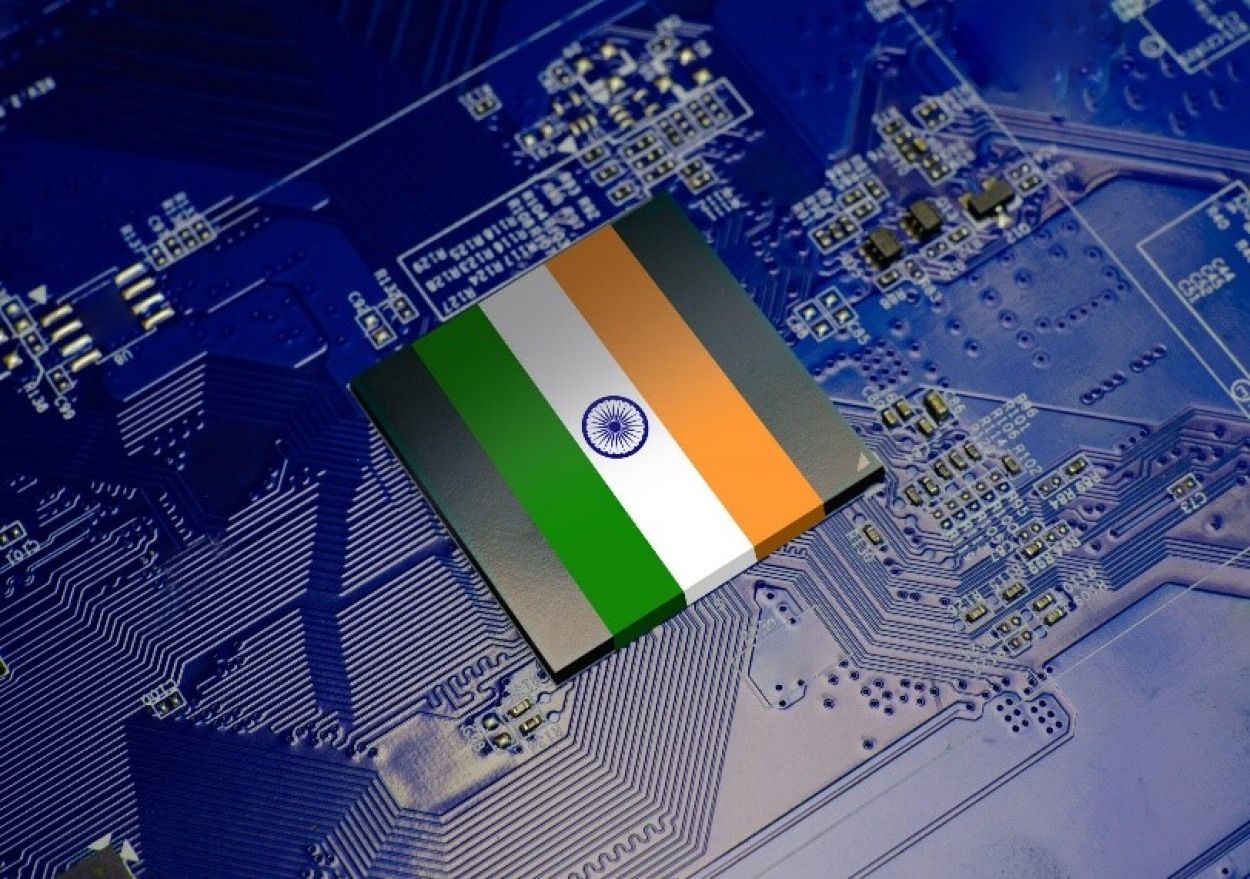By Vaishali Basu Sharma
Hosting a summit on critical minerals in Paris on September 29, the International Energy Agency (IEA) said that the world will need 40 times more lithium by the year 2040, and that’s to meet the electric transport goals that are in line with the Paris climate agreement.
The first-of-its-kind ‘IEA Critical Minerals and Clean Energy Summit’ in Paris brought together almost 50 countries, including critical mineral producers and consumers. The International Energy Agency said the “major challenge” countries faced was ensuring more diverse supplies and the recycling of metals.
Elements like lithium, nickel, and cobalt are key for governments hoping to make the green switch, as they are needed for producing electric vehicle batteries, solar panels, and wind turbines.
The ‘IEA Critical Minerals and Clean Energy Summit’ sought to address a growing problem for Western countries: securing a reliable source of minerals needed to keep society running.
West Dependency On China
Rare Earth and other critical minerals are used in many high-tech devices, particularly those needed for green energy transition, such as electric vehicles and wind turbines.
The International Energy Agency said that countries’ significant challenge is ensuring more diverse supplies of critical minerals and increasing recycling. Western countries are keen to reduce dependency on China, which accounts for almost 70% of production and has the most enormous refining capacity.
Global demand for the four most commonly used critical minerals is said to soar in the coming 17 years with forty times the reserves of lithium, twenty times for cobalt and nickel, and three times the amount of copper required.
The energy transition minerals market reached US$320 billion in 2022, moving it increasingly to the center stage for the global mining industry.
One of the most pressing concerns for Western countries is to wean themselves off a reliance on China, which dominates the refining of critical minerals, processing 67% of the world’s cobalt, 62% of lithium, 60% of manganese, and 32% of nickel.
A recurring theme throughout the IEA Summit was that no country can solve the demand for critical minerals. US Energy Secretary Jennifer Granholm warned that transitioning from fossil fuels will make energy security “infinitely more complex” because of China’s stranglehold on processing the critical minerals essential for renewable power.
Diversification Is The Key
Western countries hope to source metals from so-called responsible countries and recycle metals found in unused electric car batteries and wind turbines. For instance, in March 2023, the EU announced plans to invest €50m ($54m) in mining projects in the Democratic Republic of Congo.
France uses nuclear know-how to extract rare Earth from atomic fuel at Grenoble’s Alternative Energy Commission headquarters.
Japan and the United States have already made moves to diversify their rare earth supplies. The US Department of Energy and Department of Defense have poured billions of dollars of subsidies into accelerating the establishment of mines and processing facilities domestically.
China’s Poor Quality Supplies
With new mining facilities taking 7 to 20 years to get up and running, the European Union is racing against the clock to secure new supplies. In her State of the Union address (Sept 13), European Commission President Ursula von der Leyen criticized China for its market dominance, “We have not forgotten how China’s unfair trade practices affected our solar industry,” she said.
She said that the global markets are now “flooded” with cheaper Chinese electric cars, whose prices are kept “artificially low” by state subsidies.
An IEA said the world is on “the cusp of a historic turning point,” with coal, oil, and gas demand rising before 2030. It also created a new Energy Security and Critical Minerals Division within its Secretariat.
The IEA summit comes at a time when, domestically too, governments are under pressure to switch to clean energy. The heads of several companies have written to the UK’s Prime Minister Rishi Sunak to warn him against watering down climate policies.
The group, which has more than 1.5 trillion dollars in combined assets, has urged Sunak to reconsider a move to delay the phasing out of new petrol and diesel car sales, the plan which was confirmed in a government timetable in 2035 rather than 2030.

India’s Opportunity
To ensure that electric vehicles account for 30% of car sales by 2030, India has announced plans to auction about 20 blocks of critical minerals soon. The blocks are for minerals, including nickel, lithium, cobalt, platinum, and rare earths.
Earlier this year, approximate reserves of 5.9 million tonnes of lithium were said to be found in the Jammu and Kashmir region.
Accepting that options to diversify supplies of critical minerals and clean energy technology manufacturing is pivotal to helping countries around the world develop robust and resilient clean energy, IEA Executive Director Fatih Birol said, “The level of over-concentration that we see in critical minerals markets today is unlike that for any other major commodity we have come to rely on in the modern world. History has shown us that failing to diversify supplies and trade routes of essential resources properly comes with profound risks.”
Vaishali Basu Sharma is an analyst on Strategic and Economic Affairs. She has worked as a Consultant with the National Security Council Secretariat (NSCS) for nearly a decade. Vaishali is now associated with the Policy Perspectives Foundation. She can be reached at postvaishali@gmail.com